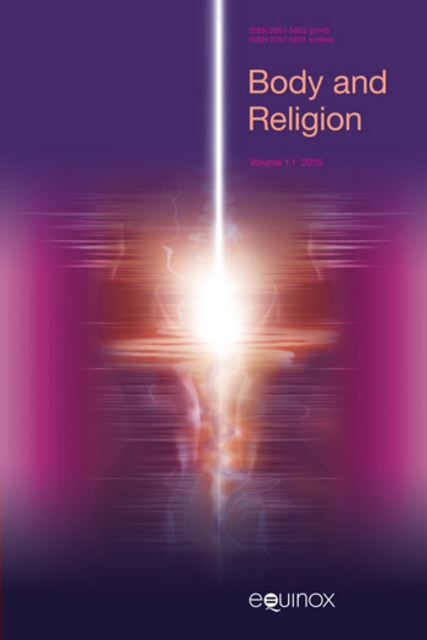Affective entanglements with the sexual imagery of paradise in the Qur’an

Tourage, M. (2020). Affective entanglements with the sexual imagery of paradise in the Qur’an. Body and Religion, 3(1), 52–70.
Full description
This paper examines affective structures and power formations that are constructed, maintained or contested when the significance of the sexual imagery of paradise in the Qur’an is divided into sensual and spiritual. I take a fictional story by Mohja Kahf as an example of a Qur’an commentary that centres gendered and embodied experiences in the text, and contrast it with Muhammad Abdel Haleem’s commentary, who views the sexual rewards of paradise as allegorical. Using affect theory, I will argue that allegorical interpretations limit the affective efficacy of the sensuality of the text to their symbolic function, associating spirituality with a disembodied, hence transcendent masculinity. Kahf’s exegesis, however, shows that affect and meaning are not pre-given, but produced in interaction with the text. I will conclude that configuring the text as sensual or spiritual is not due to any intrinsic or predetermined content, but a product of power relations.
- typeImage
- created on
- file formatjpeg
- file size27 KB
- container titleBody and Religion
- creatorMahdi Tourage
- issnISSN 2057-5831 (Online)
- issue3.1
- publisherEquinox Publishing Ltd.
- publisher placeSheffield, United Kingdon
- rightsEquinox Publishing Ltd.
- volume
- doi
We use cookies to analyze our traffic. Please decide if you are willing to accept cookies from our website. You can change this setting anytime in Privacy Settings.
